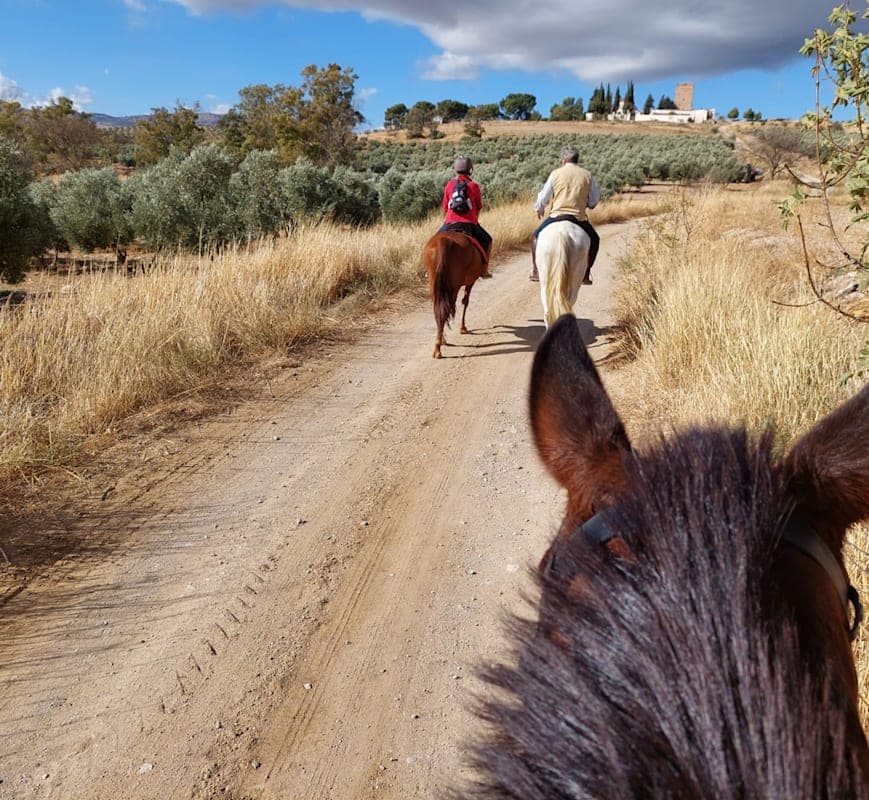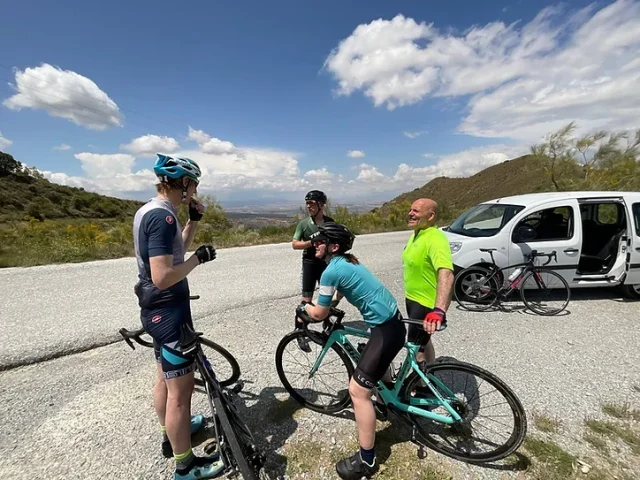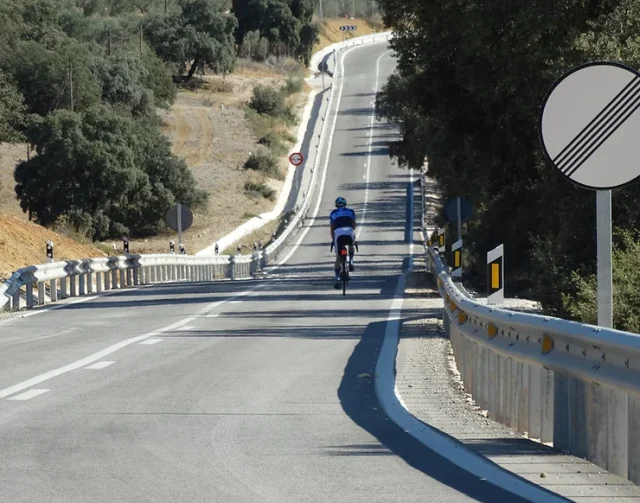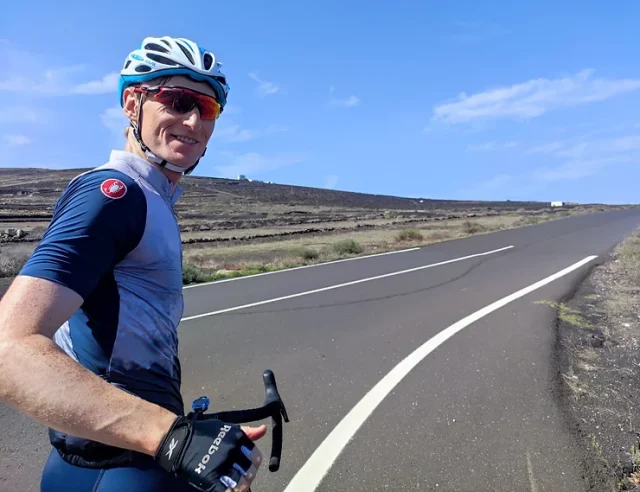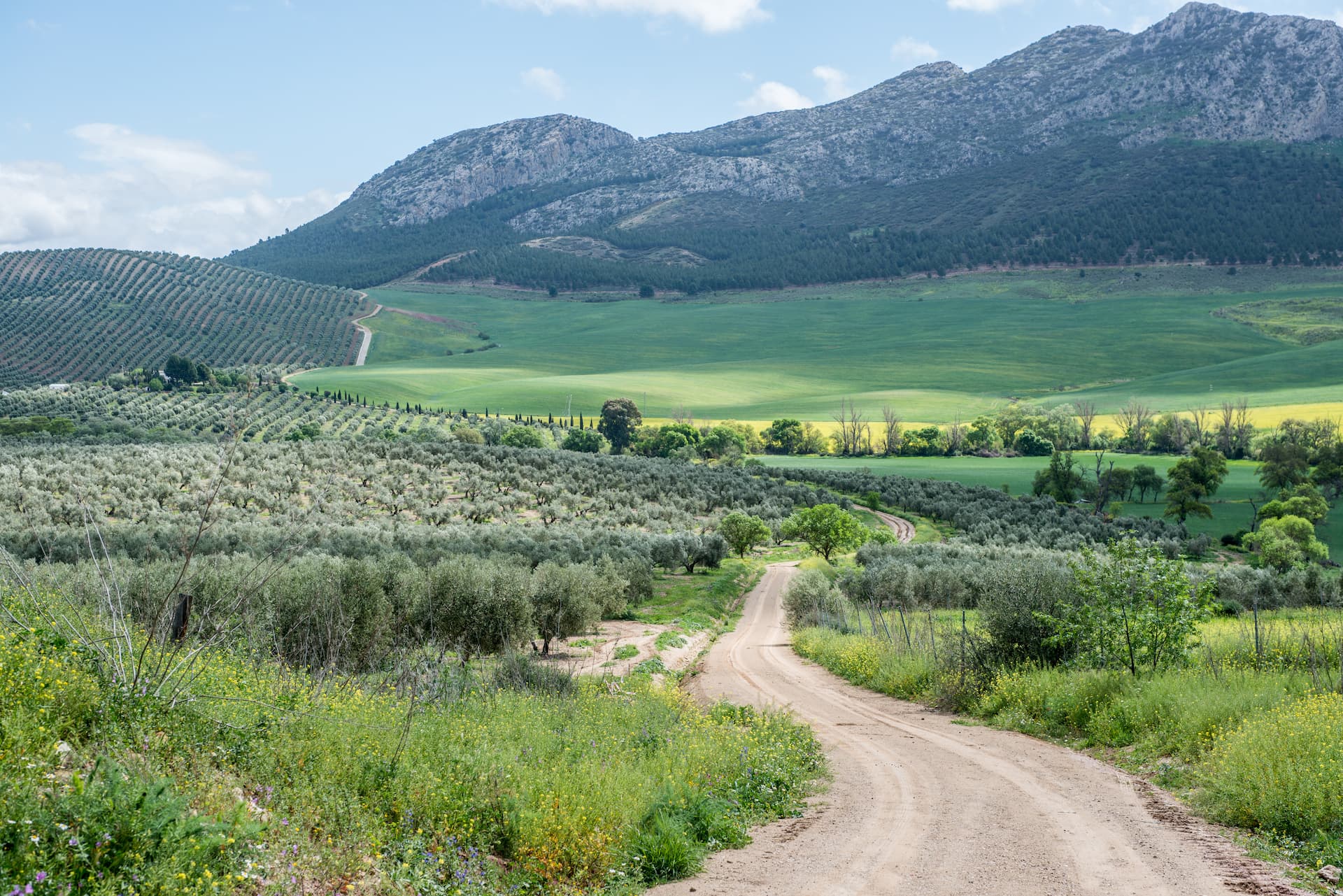Top Tips for Avoiding Common Sports Injuries – Expert Advice
The Guides and myself came up with a great list of common injuries and how to avoid them while participating in most sports. The list will be split into 2 different blog posts.
It is something that everyone fears – beginners worry that they may get an injury that puts their newfound routine and motivation on hold, while those who are seasoned athletes worry that they will get an injury that will mean they are out of the game for too long! It is no secret that exercise and injuries go hand in hand, you cannot eliminate all risk and accidents do occur.
Regular exercise is good for everyone, but there is always a chance that you might get injured, However the four expert guides with you will minimise this risk hugely. We are going to look at some of the common sports injuries and what you can do to prevent them. With a little bit of knowledge and planning you can stay safe and avoid injury during exercise!
Our Expert guides on TB Guided Holidays help you can prevent them, we have seen nearly every injury imaginable!
Most of these could have been prevented with the correct form, planning, and understanding of the sport or exercise. Whilst we would love to see you, we want to make sure that you know as much as possible to avoid a visit any sports injury clinic.
Here are some of the most common sports injuries that we see:
Achilles’ tear / tendonitis
Achilles’ tendonitis typically occurs among runners or those who participate in sports that include running and jumping. The Achilles Tendon at the back of your ankle will become inflamed and painful due to overuse, and in the worst-case scenarios it can even tear. If this is left untreated then it can become almost impossible to run and you can end up doing some serious damage. In order to prevent this, it is important to speak to us to create a good strengthening and flexibility programme. You need to make sure that you have good, strong hip and calf muscles to indirectly strengthen your Achilles tendon so it becomes more flexible.
Shin Splints
You will feel shin splints almost instantly as a sharp pain on the inside of your shin, usually when you begin a new sport or up the intensity of your workouts. All it is the inflammation of the muscles that surround your shin, and it is one that is easy to avoid.
We can assist you in correct stretches to use before and after each cycle stage/walking to ensure that you avoid shin splints. Wearing proper and supportive footwear will also help immensely when working out. Whilst these are easy to avoid, they can be very painful if you do end up getting them!
Tennis Elbow
Epicondylitis is often known by its two most common forms – tennis elbow and golfer’s elbow. We see a lot of people on our active tours suffering from tennis elbow, and it’s not always due to tennis! Tennis (or golfer’s) elbow is typically due to overuse and repetitive use of the muscles and tendons in your elbow and arm, and usually feels like a dull ache that you can’t seem to get rid of.
A range of massage and stretching techniques that you can take away to help prevent future re-injury we can also offer on tour.
Sprains and strains
One of the most common injuries that we see on tour is sprains and strains. This can range from sprained ankles to strained groin muscles and can be extremely painful if they are left untreated. You can get sprains and strains from any sports or exercise that include running, jumping, and using your shoulders (for example weight training). The good news is that sprains and strains can be easily avoided, and these can be strengthened easily if you feel these are weak by a health and fitness expert pre departure on tour.
Rotator Cuff
Your rotator cuff refers to all the muscles and tendons that help to move and stabilise your shoulder, and tears can easily occur when you make repetitive motions if you are not careful. In order to prevent this painful injury, you need to exercise your upper body and core back muscles to ensure that these are strong enough to prevent tears during sport. Stretching your chest during a cool down can also help to reduce the risk of a rotator cuff injury.
The next blog post will be about preventative measures you can take to help reduce injury risk while on your active holiday.


